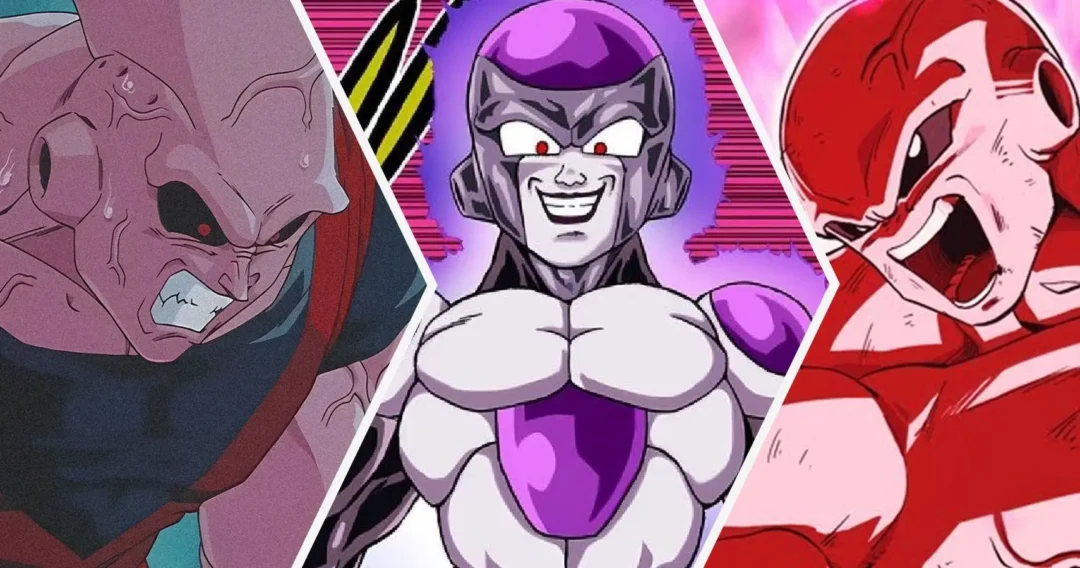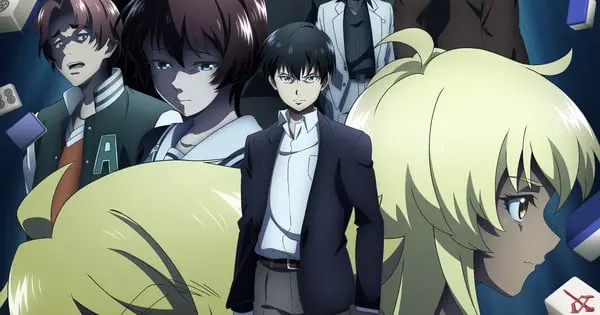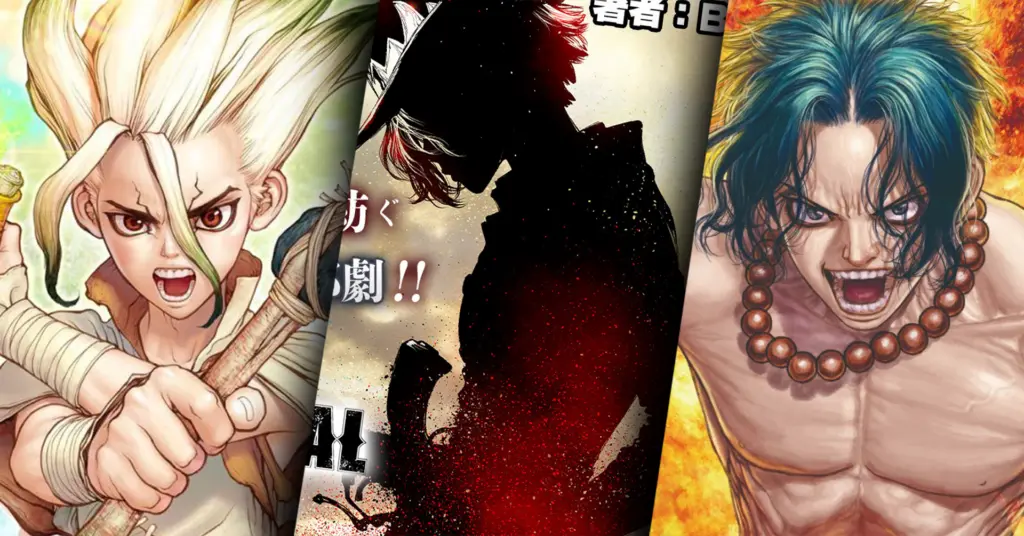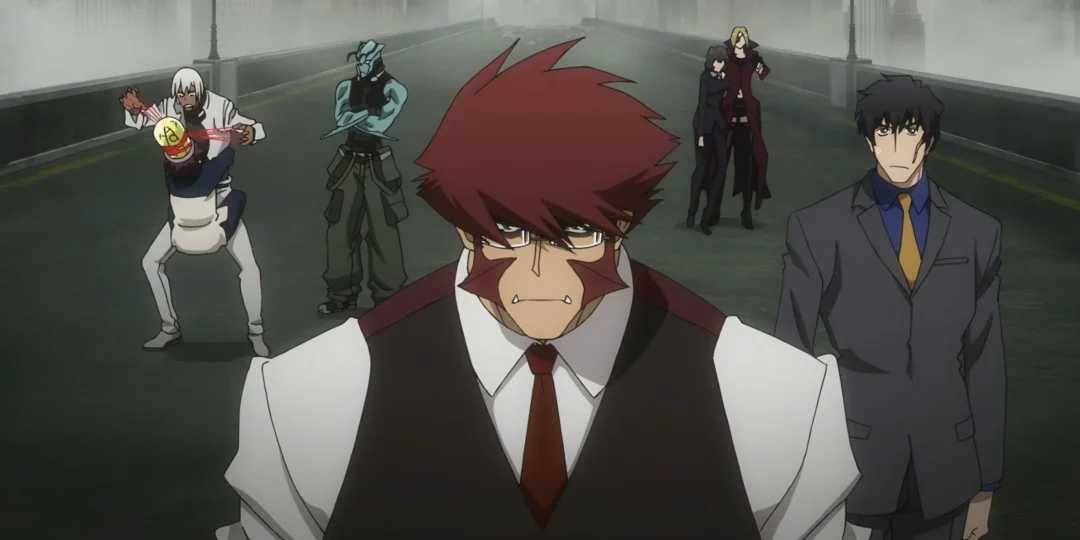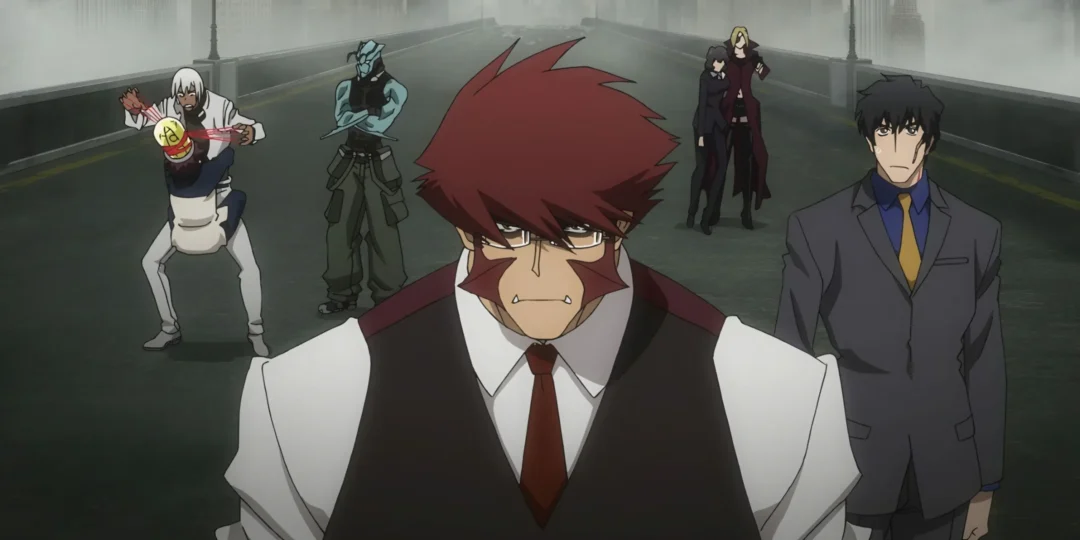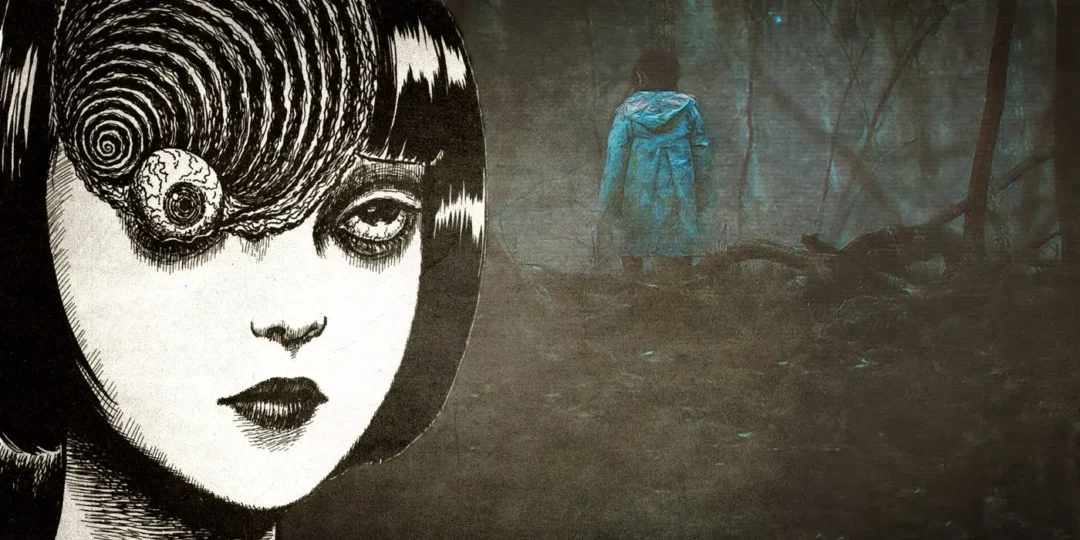Junji Ito, the renowned creator of iconic horror manga such as “Uzumaki” and “Tomie”, has lauded a new Japanese horror film, “Missing Child Videotape,” for its unsettling atmosphere and unique take on the genre. This endorsement from a master of horror has amplified the buzz around the movie, which is already generating considerable anticipation within the horror community.
A New Wave of J-Horror?
“Missing Child Videotape” is directed by Ryota Kondo, a protégé of Hiroshi Takashi, who notably wrote the original “Ring” movie series. This connection to the “Ring” franchise, a cornerstone of modern J-horror, has drawn comparisons and heightened interest. The film’s narrative centers on Keita Kodama, who delves into his past via a mysterious videotape linked to his brother’s disappearance.
Ito’s Endorsement
Ito, known for his grotesque and psychologically disturbing creations, described the film as having “an unidentifiable creepiness.” This praise from Ito, a figure synonymous with manga horror, suggests that “Missing Child Videotape” may offer a fresh and deeply unsettling experience for fans.
Other Manga Creators’ Reactions
Other manga artists who have seen the film share similar sentiments. Kawakami Juoku, for instance, praised its naturalistic approach and “low-key vibes.” Such positive reactions from within the manga industry have further fueled the hype surrounding the film, which was released on January 24, 2025.
“Late Night With The Devil” – Another Horror Film Generating Buzz
While “Missing Child Videotape” is capturing attention, another recent horror release, “Late Night with the Devil,” has also been making waves in the genre. This film, a found-footage/faux documentary hybrid, presents a fictional episode of a 1970s late-night talk show where supernatural events unfold.
Unique Premise and Style
Directed by the Cairnes Brothers, the film has been praised for its authentic period detail and slow-burn tension. The story revolves around Jack Delroy, a struggling talk show host who attempts to boost his ratings by featuring controversial guests on Halloween night 1977.
Critical Acclaim
“Late Night with the Devil” has garnered significant critical acclaim for its inventive approach to found-footage horror and its ability to create a chilling atmosphere. Many reviews have highlighted the film’s ability to genuinely scare viewers, a rare achievement in the modern horror landscape. The film masterfully blends comedy, strangeness, and retro horror, creating a unique viewing experience. It has been described as both entertaining and genuinely frightening.
The Movie’s Impact
The film’s impact lies in its ability to stay with the viewer long after the credits roll. Unlike many horror movies that rely on jump scares, “Late Night with the Devil” creates a lasting sense of unease. The film’s limited setting within a TV studio enhances the feeling of claustrophobia and intensifies the horror.
Junji Ito’s Influence on Horror
Junji Ito’s impact on the horror genre is undeniable. His works are characterized by grotesque monsters, body horror, and psychological terror. While his manga have been adapted into live-action and anime formats, many fans feel that these adaptations have not fully captured the terror of the original source material.
Faithful Adaptations
Recently, there has been a renewed effort to create more faithful adaptations of Ito’s works. The “Uzumaki” anime miniseries, which aired in 2024, has been praised for its adherence to Ito’s original narrative and pacing. This adaptation has given fans hope that future projects can accurately portray the disturbing beauty of Ito’s art. Previous adaptations of “Uzumaki” have struggled to fully capture the source material’s unique horror. A live-action film adaptation in 2000 received mixed reviews, partially due to its limited runtime.
Other Adaptations
While some adaptations have been criticized, others have been well-received. The “Tomie” film series, particularly the first installment, is considered a good representation of Ito’s style. Additionally, the anime series “Junji Ito Maniac: Japanese Tales of the Macabre” has presented a wide range of Ito’s short stories, although some critics have noted that it lacks the fluidity and intricate details of his manga. Adaptations such as “Gyo: Tokyo Fish Attack” have also been praised for their faithful representation of the source material, and successfully capturing the blend of horror and comedy.
Ito’s Unique Horror Style
Ito’s work stands out for its ability to create unsettling imagery and disturbing scenarios. He masterfully uses the manga format to build tension and deliver shocking visuals. His stories often explore themes of isolation, obsession, and the grotesque transformation of the human body. Stories like “Enigma of Amigara Fault” and “Tombs” showcase his ability to blend psychological and visceral horror, making them perfect for potential live-action adaptations. The series, “Dissolving Classroom”, although not one of his most well-regarded works, still showcases Ito’s signature style of gross-out horror and repetitive imagery.
The J-Horror Legacy
The success of films like “The Ring” and “Ju-On: The Grudge” in the late 1990s and early 2000s established J-horror as a significant force in the genre. These films often explore themes of curses, isolation, and psychological dread. “Uzumaki” itself was part of this wave, with its 2000 live-action film being released alongside other notable J-horror films. The genre frequently uses supernatural elements to explore deeper anxieties and societal issues. The visual style of J-horror, often characterized by eerie settings and haunting imagery, has influenced horror cinema worldwide.
Continued Relevance
Despite the changing landscape of horror cinema, J-horror continues to resonate with audiences. The genre’s emphasis on atmosphere, psychological tension, and unique visual styles ensures its continued relevance. The recent success of “Late Night with the Devil” and the anticipation surrounding “Missing Child Videotape” indicates a renewed interest in this style of horror.
Conclusion
The praise from Junji Ito for “Missing Child Videotape” highlights the potential of this new film to join the ranks of influential J-horror. As audiences continue to seek out new and terrifying experiences, both this film and “Late Night with the Devil” offer a fresh perspective on the genre. These films, along with the ongoing efforts to faithfully adapt Junji Ito’s manga, promise to deliver chilling and unforgettable horror for years to come.

